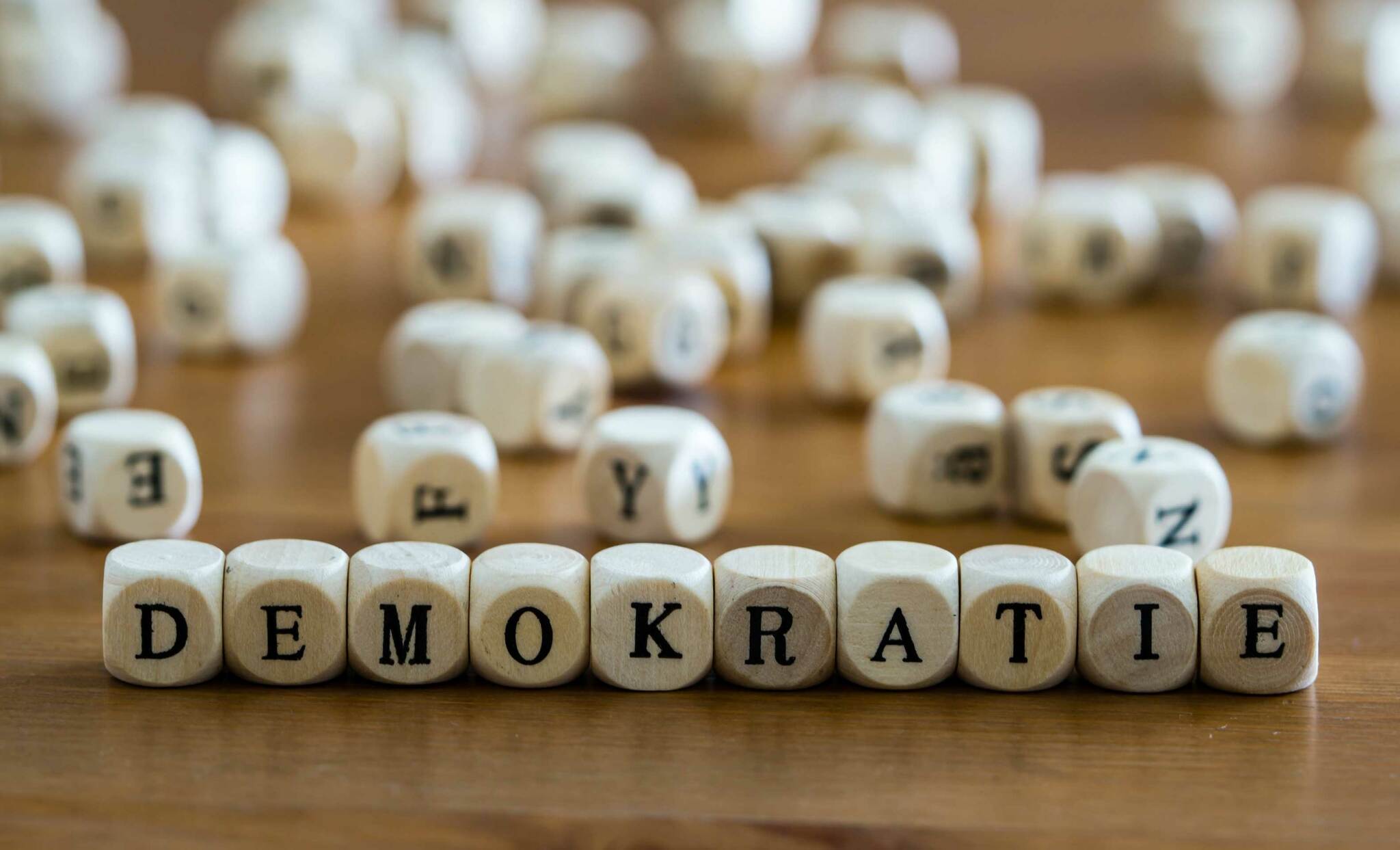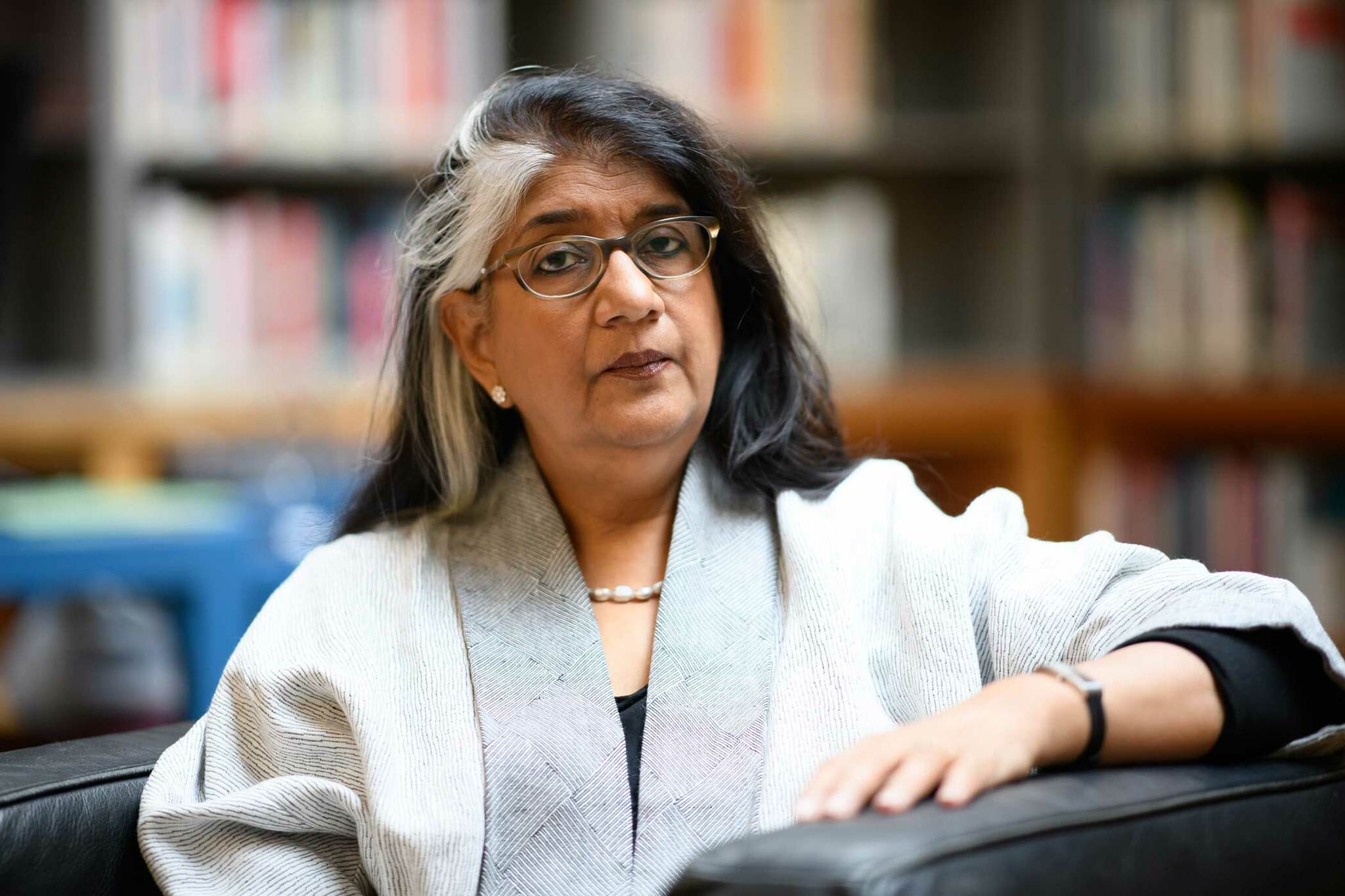
© Pusteflower9024/ Adobe Stock
Soft Authoritarianism
A new form of rule is emerging gradually, observes scholar Shalina Randeria.
The new “soft authoritarian” regimes, such as in Hungary or India, are democratically elected. Once in power, they undermine liberal institutions by strategically manipulating majorities of electorates. Social anthropologist Shalini Randeria is conducting research on this topic. The professor serves as rector and president of the Central European University (Vienna/Budapest) and holds a U Bremen Excellence Chair – a guest professorship at the University of Bremen. Here, she heads the Soft Authoritarianism Research Group. For up2date. we have spoken with her.
You speak of “soft authoritarianism” as a new form of rule that is currently on the rise in many different parts of the world. What are the characteristics of soft authoritarianism? How does it differ from existing authoritarian regimes?
A new type of governance, namely, “soft authoritarianism” is gaining ground the world over. Poland and Hungary in Europe, but also India, Brazil, and Turkey exemplify this global trend. In order to highlight their commonalities, but also to understand the distinctive features of the current regime in each of these countries, one must examine its practices of governance, be these administrative practices, constitutional amendments, or new legislation. It is equally instructive to compare these practices with methods of rule typical of “classic” authoritarian states. Let us take two contemporary examples of the latter: In Myanmar, for instance, the military recently overthrew an undoubtedly controversial but democratically legitimated government. Tanks were out in the streets and brutal armed force was used against peaceful protesters. This is reminiscent of military takeovers, for example in Latin America, most of which represented a sudden, radical break in the political system and repression in public life. In Belarus, Lukashenko used the entire arsenal of authoritarian state power to suppress any civic protest against the fraudulently won presidential elections in the summer of 2020: Militarized security forces were deployed to violently suppress street protests; protesters were arrested, abducted, and tortured. And even a fake bomb threat was used to force a plane to land in Minsk in order to arrest a well-known journalist critical of the regime, who was on board.
Soft authoritarian governments, such as in Poland or Turkey, to name two of the countries studied by members of our research group, work differently. They espouse the importance of democratic elections, while positioning themselves explicitly against Western liberalism and the rule of law. These regimes come to power through winning large majorities in regular, free elections. In many cases, they even claim to champion the cause of true democratic participation for groups previously excluded by “out-of-touch elites”. The slow and gradual changes thus brought about do not at first appear to constitute a radical break with democratic norms. Yet they have far-reaching consequences in hollowing out democratic institutions from within. These corrosive transformations use formally democratic means like parliamentary majorities to enact laws aimed at successively undermining the values and principles of liberal democracies. In short, soft authoritarian regimes use “rule by law” to corrode the rule of law.

© IWM / Martin Hörmandinger
Which principles of democracy are exactly being undermined here?
Usually these are principles that set temporal and legal limits to the power exercised by politicians and enable a change of government in the pursuit of fair democratic competition: separation of powers and rule of law, fair and inclusive elections, independence of the judiciary and the media, or protection of minorities. Soft authoritarian rule introduces gradual and systematic shifts, which permanently change the rules of the game to the disadvantage of the political opposition and consolidate the power of the party in power. The Voter Suppression laws currently being passed by the Republican Party in various U.S. states are a good example of this development.
How does this gradual erosion of democratic principles and institutions work in practice?
The way soft authoritarian governments deal with media pluralism is just one example. In Poland, for instance, the PiS government began shortly after its 2015 election victory to transform the public media into pro-government propaganda outlets. Veteran journalists were dismissed and their positions filled with party supporters. A one-sided, ideologically underpinned narrative replaced critical journalism. The ruling party can thus set – and dominate – the topics, framing, and questions in the public debate. In contrast to “classic” authoritarian regimes, independent media were not banned. Often unnoticed by the public, however, the governing party took several small steps to undermine the position, or affect the economic viability, of independent media. For instance, state-owned companies advertise only with media that are close to the government; a state-owned petrol station chain removes critical newspapers from its shelves. It also buys up a large media company and restructures it in a government-friendly way. Currently formal changes in the law on frequency allocation target Poland’s largest independent television station and may even lead to the loss of its license altogether. Tellingly, such minor changes are presented by the government as necessary for the creation of a pluralistic media landscape. This kind of disinformation further contributes to the erosion of a liberal democracy from within.
Take the systematic changes to voting laws resulting in a deliberate distortion of election results under Viktor Orbán in Hungary for example: After his first electoral victory in 2010, voting districts were not only reduced by half, but also completely redrawn based on political considerations. This enabled the ruling party to win two-thirds of the seats in parliament in the 2014 elections with just 45 percent of the vote – a majority that then enabled it to amend the constitution and then set about restructuring almost every liberal democratic institution. A second tactic changed the composition of the body politic without affecting changes to the country’s borders. As early as 2012, Orbán’s government granted the right to vote to some members of Hungarian minorities in neighboring countries. About 95 percent of these new voters voted for his Fidesz party and were instrumental in its electoral victory two years later. The governing party under Orbán thus not only succeeded in permanently reshaping the electorate in its own favor. But also substantially undermined the foundation for democratic decision-making, namely fair elections.
As part of your Excellence Chair at the University of Bremen, you have established a research group to study these developments. What exactly are you working on?
Our group is engaged in three case studies on France, Poland, and Turkey that trace and analyze these developments in fine-grained empirical studies. We have chosen to include France, as one of Western Europe’s “old democracies,” as the expansion of authoritarian politics, governmental practices, and discourses is not limited to Eastern Europe or the Global South. We see these tendencies in the U.S. as well as in many Western European countries, for example, in policies dealing with migration and refugees, terrorism, the clamp down on civic protests, or the attack on academic freedom that seeks to undermine disciplines such as gender studies, post-colonial studies, or critical race studies by labelling them as “activism.” We seek to understand the nature and impact of these gradual transformations within democracies by means of comparison that can reveal common patterns but also point to specificities of particular cases. We hope to provide insights into soft authoritarianism as a new form of rule that is emerging and establishing itself in various parts of the world.